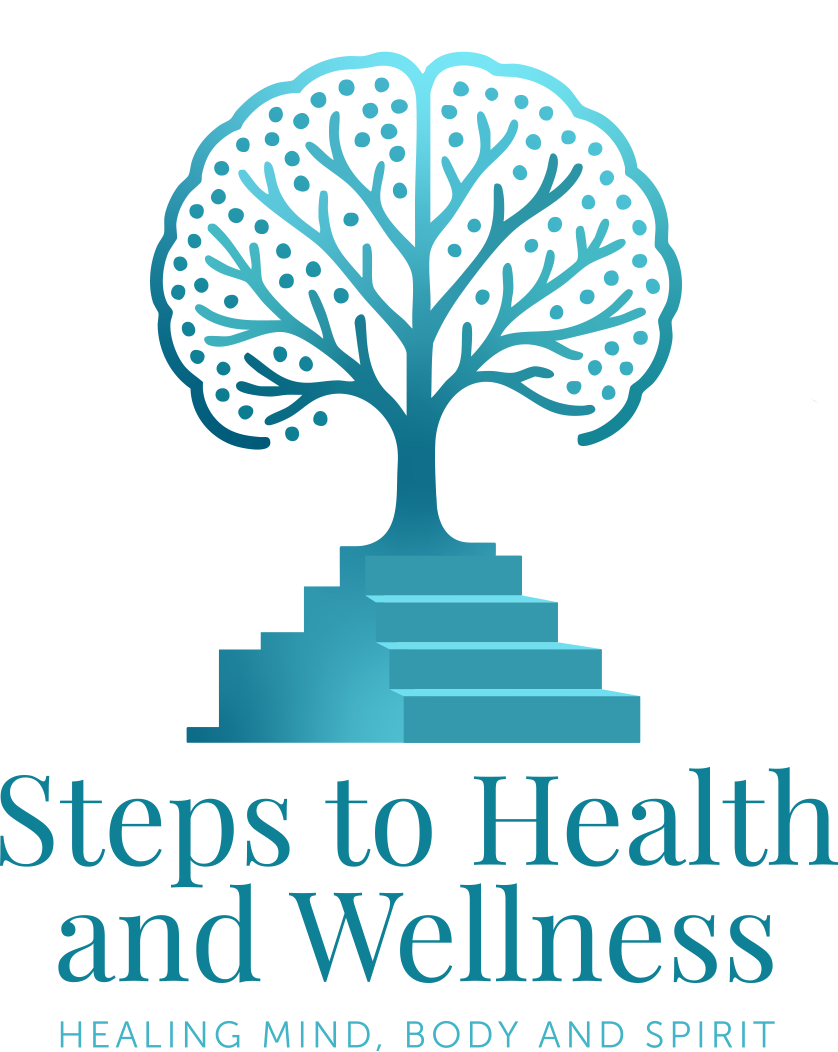The journey to recovery from a substance use disorder is rarely one taken alone. While personal commitment is essential, the role of a strong support system cannot be overstated. At Steps to Health and Wellness, we understand that having a network of people who believe in you and your ability to heal is a crucial element of any successful plan. This blog post explores how different types of support systems provide the foundation needed for lasting recovery.
Building a Foundation: The Role of Support Systems in Recovery

Friends and Family as a Lifeline
For many, the first line of support comes from close friends and family. Their understanding, patience, and encouragement can be a powerful motivator during the challenging stages of substance use disorder treatment. Loved ones can provide emotional support, help with day-to-day responsibilities, and celebrate small victories. While it's important that their support is healthy and not enabling, a strong family unit can make all the difference in the world.

The Power of Peer Support Groups
Peer support groups, such as 12-step programs or alternative groups, offer a unique and invaluable form of connection. These groups are comprised of individuals who have walked a similar path, creating a safe space to share experiences, challenges, and successes without judgment. This shared understanding can combat feelings of isolation and provide a sense of community. Such groups are a fundamental component of many addiction treatment models and a powerful tool for maintaining long-term sobriety.

Professional Guidance and Clinical Support
Professional support from therapists, counselors, and medical staff is a cornerstone of recovery. These experts provide evidence-based treatments for addiction that address the root causes of substance use and teach healthy coping mechanisms. Their guidance is objective and tailored to the individual's needs, offering a structured path forward. This clinical support system helps navigate the complexities of addiction, providing strategies and tools that empower a person on their journey to wellness.

Community Resources and Aftercare Programs
Beyond the initial phases, community resources and aftercare programs are vital for sustaining recovery. These can include sober living homes, vocational training, and continued therapy. A robust aftercare plan helps individuals transition back into daily life, providing ongoing accountability and support. This network of resources ensures that the skills and habits learned during formal substance use disorder treatment are reinforced, significantly reducing the risk of relapse.
Building and leveraging a strong support system is a proactive and essential part of the recovery process. Whether it comes from family, peers, professionals, or community resources, this network provides the encouragement, structure, and accountability needed to face life's challenges without turning to substances. At Steps to Health and Wellness, we are dedicated to helping you build that foundation for a healthier and happier life.
